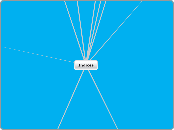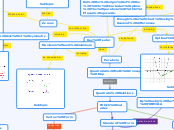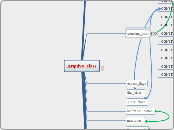by Low Marvin 13 years ago
2857
Indices
Indices are mathematical expressions used to denote the power to which a number is raised, simplifying the representation of very large or very small numbers. Central to arithmetic, indices allow for efficient calculation and concise notation, reducing the need for repeated multiplication.









